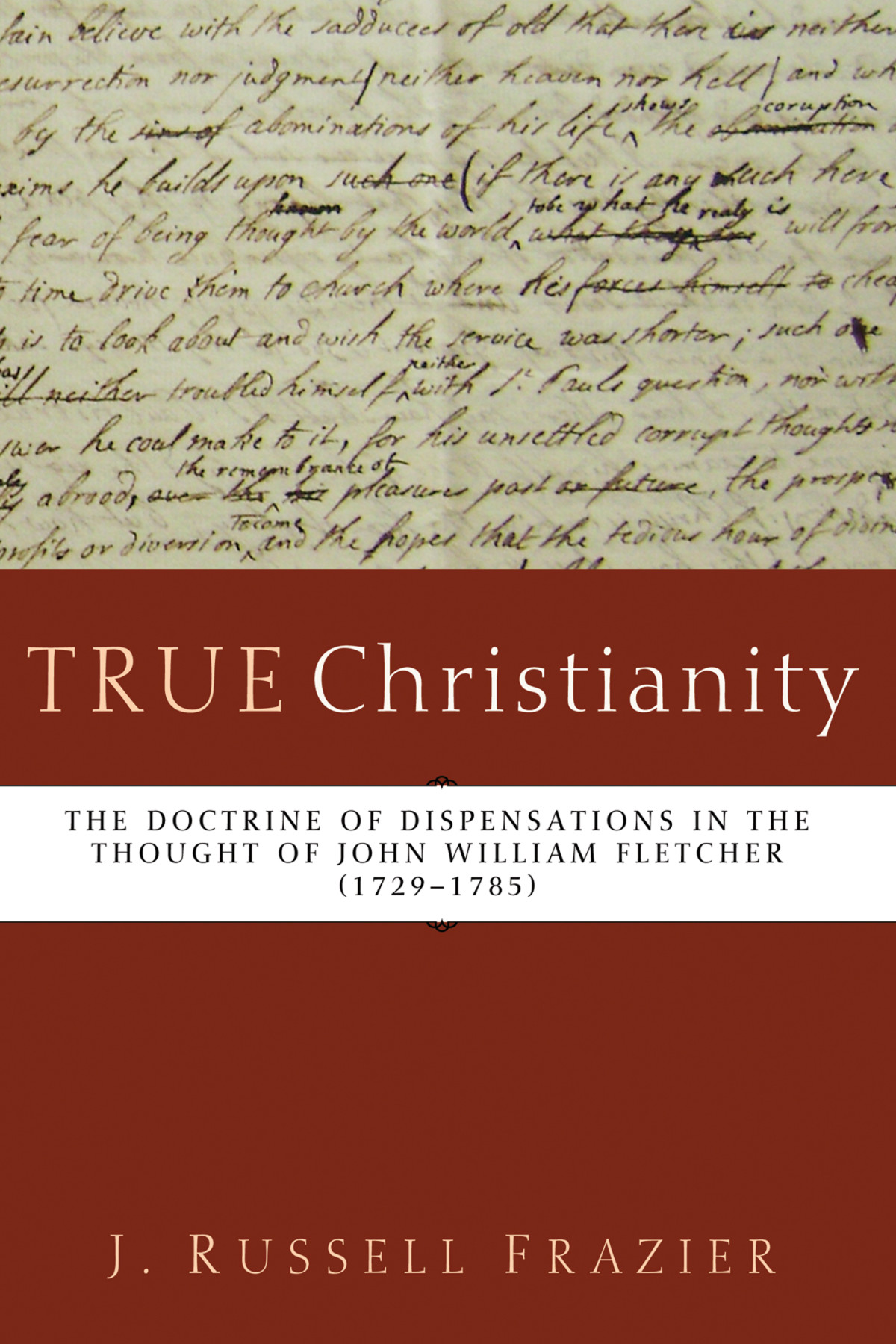

Most ebook files are in PDF format, so you can easily read them using various software such as Foxit Reader or directly on the Google Chrome browser.
Some ebook files are released by publishers in other formats such as .awz, .mobi, .epub, .fb2, etc. You may need to install specific software to read these formats on mobile/PC, such as Calibre.
Please read the tutorial at this link: https://ebookbell.com/faq
We offer FREE conversion to the popular formats you request; however, this may take some time. Therefore, right after payment, please email us, and we will try to provide the service as quickly as possible.
For some exceptional file formats or broken links (if any), please refrain from opening any disputes. Instead, email us first, and we will try to assist within a maximum of 6 hours.
EbookBell Team

4.7
16 reviewsJohn William Fletcher (1729-1785) was a seminal theologian during the early methodist movement and the Church of England in the eighteenth century. Best known for the Checks to Antinomianism, he worked out a theology of history to defend the church against the encroachment of antinomianism as a polemic against hyper-Calvinism, whose system of divine fiat and finished salvation, Fletcher believed, did not take seriously enough either the activity of God in salvation history or an individual believer's personal progress in salvation. Fletcher made the doctrine of accommodation a unifying principle of his theological system and further developed the doctrine of divine accommodation into a theology of ministry. As God accommodated divine revelation to the frailties of human beings, ministers of the gospel must accommodate the gospel to their hearers in order to gain a hearing for the gospel without losing the goal of true Christianity. This book contains insights for pastors, missionaries, and Christian thinkers on true Christianity from Fletcher, who devoted himself, according to Wesley, to being "an altogether Christian."
**
ReviewFrazier provides the most detailed presentation yet of John Fletcher's model of the dispensations of God's saving work, arguing they are an instance of Fletcher's foundational emphasis on God's 'accommodation' of divine revelation to the fallen human condition. An important work for understanding Fletcher, John Wesley, and beyond! --Randy L. Maddox, Professor of Wesleyan and Methodist Studies, Duke Divinity School
Russell Frazier has written an outstanding piece of work on economic Trinitarianism through the irenic theology of John Fletcher. Fletcher, an often neglected and misinterpreted Methodist theologian of the eighteenth century, wrote from a pastoral, panoramic, dialogical perspective, and Russell Frazier has captured Fletcher's thought in this perceptive interpretation designed for a unique theology of reconciliation. --David Rainey, Senior Lecturer in Theology and Senior Research Fellow, Nazarene Theological College
Russell Frazier has made a significant contribution in this volume on the thought of John Fletcher. . . . He has rightly shown that Fletcher's theology should not simply be interpreted in the light of later interpreters, who often did not provide a proper balance to Fletcher's ideas. Wesleyan scholarship will in due course of time come to appreciate this research so finely done by Frazier. --Laurence W. Wood, Professor of Systematic Theology and Wesley Studies, Asbury Theological Seminary
About the AuthorJ. Russell Frazier (PhD, University of Manchester) has served as a pastor for over twenty years and was a missionary with the Church of the Nazarene for over seven years. He serves as an adjunct professor for Central Christian College and Ohio Christian University.